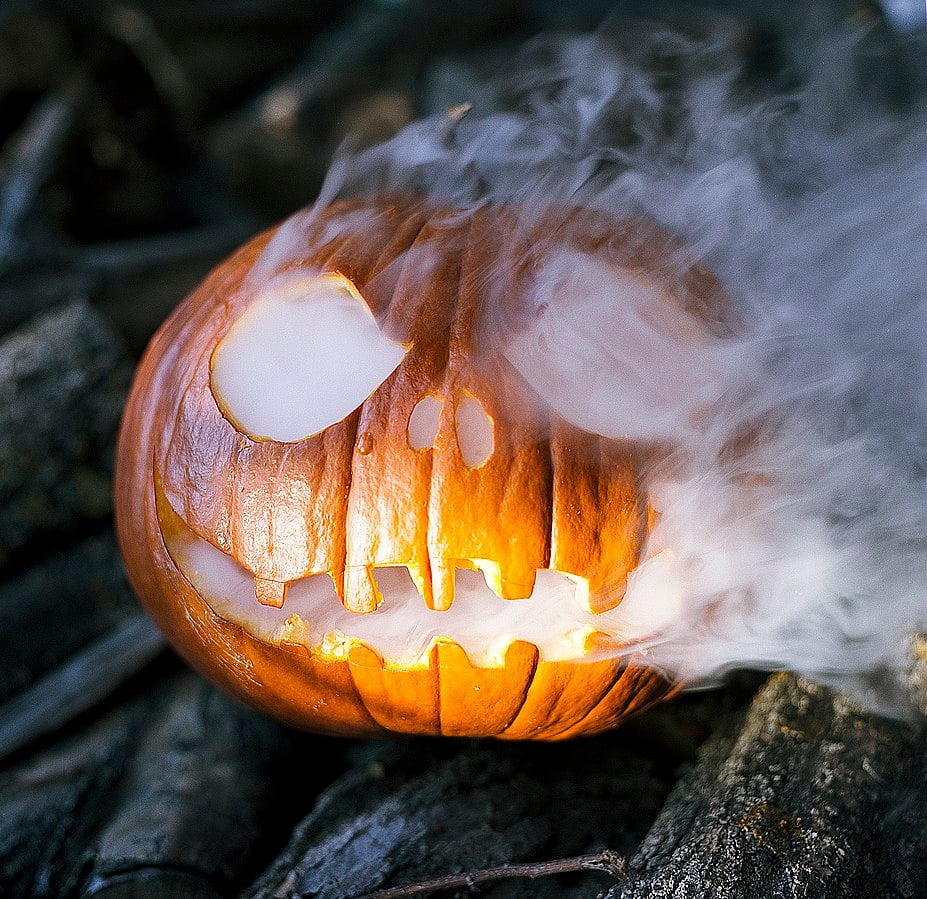Irish Mythology: The Adventures of Nera

"Jack O Lantern" by Benjamin Balazs, public domain dedication
Samhain is coming up
Okay, I must admit, I've been having a little trouble picking favorite folktales for the past few months.
As I've told you before, I've been doing an ungodly amount of research for The Skeleton Faerie and The Gods Are Rotting. I've read about so many cool gods and monsters that I'd either never heard of or only had a shallow understanding of, so there are a lot of mythical beings that I'd love to talk about, but with how indecisive I can be, it's torture to pick only one each month.
Then I remembered something... Halloween is in just a few days. And in case you didn't know, Halloween originated from a Celtic festival called Samhain.
The ancient Celts believed that the veil between our world and the Otherworld was at its thinnest on Samhain, that fairies and ghosts could more easily travel between realms during that time.
Consequently, tons of great Celtic stories take place on Samhain, and one of my favorites so far has been "The Adventures of Nera" or "Echtra Nerai," a medeival Irish tale! So, I figured it would be the perfect story to tell you with Halloween/Samhain on the horizon.
The Adventures of Nera
Our tale begins on Halloween night at Rath Cruachan with the Connachta warriors. The warriors hung two prisoners the night before and are now cooking dinner. Their king, Ailill, declares that if any of them are brave enough to go outside and tie a wicker around the foot of one of the hanging corpses, he'll reward them with a golden sword. Our story's fearless hero - a man called Nera - says he'll do it. He arms himself and goes outside, ready to complete the challenge. But when he ties the wicker around the foot of one of the lifeless prisoners, the corpse starts talking to him. Freaky, right? But I guess that's why the king made the dare - this sort of thing was considered commonplace on Samhain. The dead man says that he was thirsty before he died, and he asks Nera to carry him to the closest house so he can get a drink. Nera does as the corpse asks, hauling him to the closest house, but when they get there, they find the house encircled by fire. They then travel to the next closest house, but that one is encircled by water. Finally, they reach the third closest house, and it's there that the dead man drinks. He even spits out some water at the people living there, which kills them, and then Nera carries him back. But as Nera returns to his people, he finds their fort on fire, and a group of fairy warriors hold the decapitated heads of his comrades. The warriors flee into their fairy mound, and Nera follows them. Inside the mound, Nera meets the fairy king, who directs him to a fairy woman's house. "So long as you bring me firewood every day," the king says, "you can stay at the house." Nera follows the king's directions, and eventually, the fairy woman tells Nera that King Ailill and the Connachta warriors weren't actually slaughtered; everything Nera saw was a vision that will only come to pass if King Ailill doesn't destroy the fairy mound by next Halloween. The fairy woman tells Nera to go, to warn his people, and to send word before they attack the mound so that she and Nera's son (Nera has impreganated her at this point, because of course he has) can flee before the destruction occurs. Nera leaves the mound and tells his people about everything that has happened to him, and about everything that will happen to them - that is, if they don't destroy the fairy mound before next Halloween. In some versions of the story, King Ailill and the Connachta warriors attack the fairy mound right away. In others, they wait a long time to strike. But from everything I've read, Nera helps the fairy woman and their son escape before anything serious goes down. I hope you enjoyed October 2024's favorite folktale! |

Receive a free book and never miss an update from A. P. Mobley by signing up for her newsletter, War on the Gods Army!
Thanks for joining War on the Gods Army!
Be sure to check your email inbox for your free book. If you don't see it, check your spam and promo folders for it.